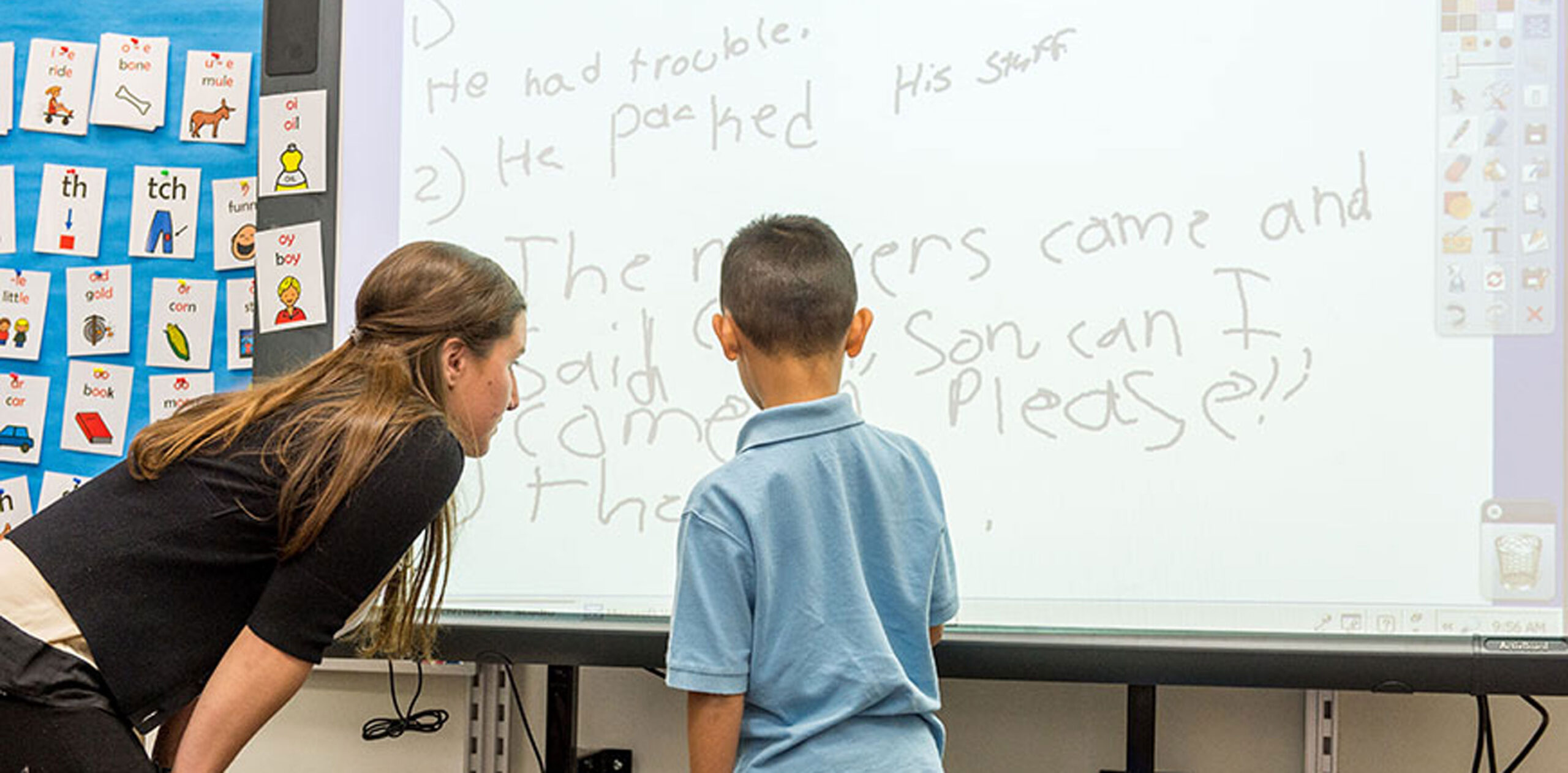In teaching practice there is perpetually room for development. Some of the most heatedly discussed qualities of a good teacher are:
Competence and expertise: Teachers need to be profoundly knowledgeable. Dearth or compromise of mastery in the content is not only reflected upon, but also perpetuated by the learners. Language teaching has scientific educational background and approaches. Beyond imparting content knowledge and developing skills, teachers also promote strong will, grit, learner autonomy, seed discipline and self-trust.
Expert Communication Skills: Mastery is of uncompromised value, but Meer (2018) stresses that “if [teachers] can’t convey what they know to others in a way that is not only understandable but [also] engaging, the knowledge itself is useless […]”.
By Marina Siskou
Indeed, the fulfilment of the teaching practice lies not within the proof of mastery-this is a prerequisite. Transferability of knowledge differs from knowledge possession: the magical “click” moment when understanding happens-the releasing feeling where you can almost listen to the notion been captured by the student. A short brain celebration. Essentially, the moment that makes teaching unique.
Within the communicative skills spectrum superior listening skills top the hierarchy of the “good teacher qualities”.
Teachers need to be excellent listeners (Meer, 2018). According to Cohen’s (2014) classification, there are four levels of listening
- Being an attentive presence: to be a present and attentive listener-but not overeager.
- Clarifying and Interpreting meaning: it’s reassuring and comforting for people to hear what they have said.
- Providing empathy: according to Bren Brain, empathy fuels connection while sympathy drives disconnection.
- Acting generatively: this is when you listen beyond the words and feelings.
Also, passion for the subject matter, as, according to Meer (2018), “passion is infectious; it inspires deeper knowledge”.
It is important for the teacher to know how to build, nurture and navigate human relationships. “In order to create successful learning environments, great teachers need to be able to build caring relationships with their students” (Meer, 2018).
Further on, there are friendliness and approachabity.
The ability to build community as indicative of the teacher’s understanding about the importance of supportive and collaborative environments. In addition to forming caring relationships with each learner, the best teachers foster healthy relationships between the students: a [resilient] community wherein every student feels […] they are not just accepted, but that their presence is necessary (Meer, 2018).
High Expectations for all students: It is important for a teacher to set high expectations for all students; expectations that are both challenging and realistic (Meer, 2018).
Strong Work Ethic: Work ethic [refers] to key characteristics that [a professional] should have and includes (among others) honesty, integrity, humility and accountability […]. These traits [mandate] how you will react or do in a certain situation, or when you are faced with a particular circumstance. Work ethic is important in defining your identity (Luenendonk, 2017).
The amount of a person’s self-esteem is mirrored upon his/her realization of the influence upon others. The importance that the people ascribe to their demeanour, decisions, actions and omissions.
Time that lapses in the teaching practice, when not coupled with self-reflection and objectivity is of little value.
Strength from belonging
Teacher training and development could be systematically introduced to the teachers’ practice. Teachers need to participate in peer groups and hold conversations with colleagues. An on-going dialogue among colleagues from different fields and backgrounds is invigorating and irreplaceable in value. Despite its communal nature, the teaching practice is, to a large degree lonely, and loneliness has a corrosive effect for the mind and the feelings -in the long-run it can harm teachers’ well-being.
Self-reflection:
Can students teach me?
Many English teachers work in settings where classroom observation is the norm. When we become aware that we are the objects of observation, this inadvertently interferes to our usual modus operandi.
When under formal observation, a shift of focus occurs: the teacher’s attention transitions from the learners towards the observer. This can turn out to be a distressing moment in a teacher’s routine.
Whereas the concept of observation is the assessment and hopefully, the development of the teacher, its practical effect as commonly witnessed, hardly approaches this end. Having one’s classes discontinued, and with the blatant power imbalance, the procedure can hardly be named as observation -it is a guised threat. Observation derives meaning from its preceding and the aftermath parts: it is legitimate when official training has been designated and offered by the same institution and in the light of subsequent guidance.
Observation earns meaning and value in the setting of simulation classes. In random and unsystematic fashion, it is likely to incur more damage than good.
Injuring or questioning a teacher’s self-esteem cannot lead to upgrading or development.
Learners, on the other hand, happen to be the most constant, sincere and trustworthy, original observators of teachers.
The feedback provided by the learners is direct, unprocessed and genuine: facial expressions, reactions -their engagement or withdrawal, their progress or stagnation. Instinctively, learners hold valuable lessons to teach us as well, as long as we don’t provide resistance.
References
Cohen, G. (2014). Mastering the 4 Levels of Listening. The Business Journals. undefined. [last accessed:4-06-2020].
Luenendonk, M. (2017). 7 Things you Should do to Demonstrate a Strong Work Ethic to your Employer. Cleverism. undefined [last accessed: 4-06-2020].
Meer, S., H. (2018). Top 9 Characteristics and Qualities of a Good Teacher undefined [last accessed 4-06-2020].
